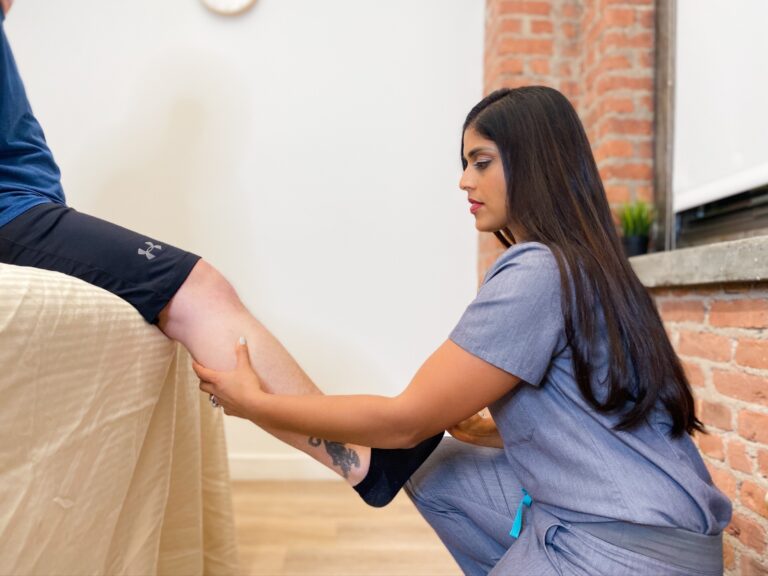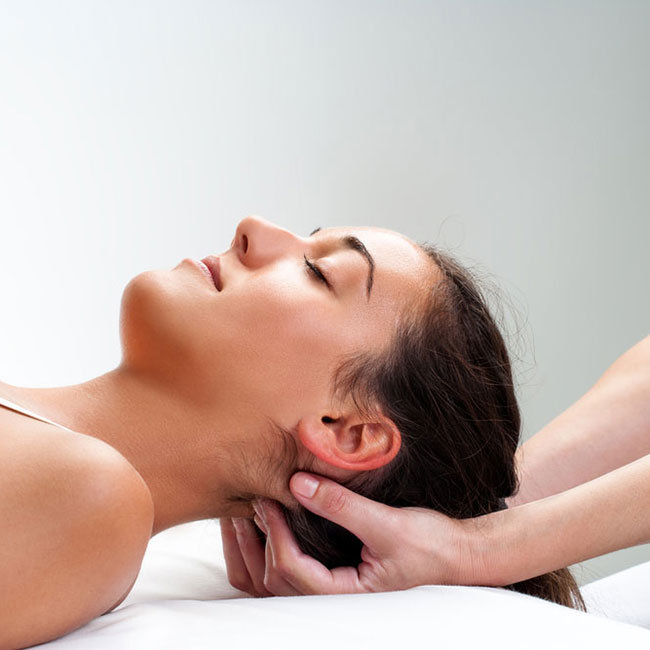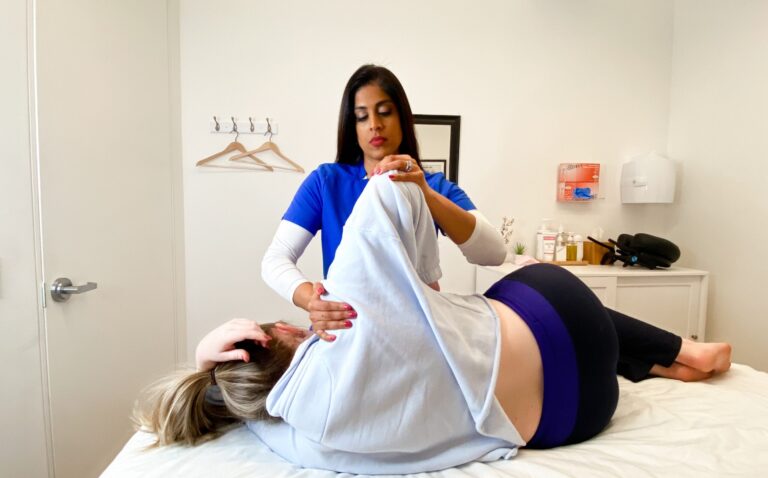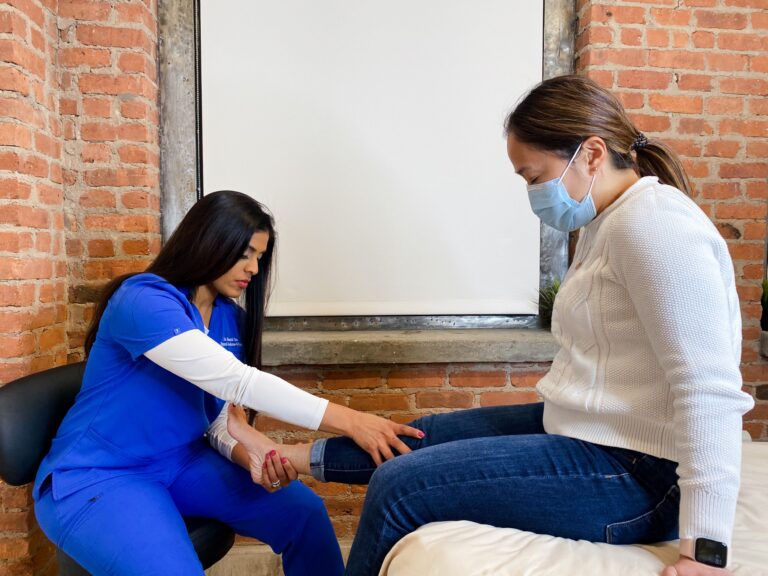Menopause — that fascinating yet bewildering milestone in every woman’s life. It’s like an unexpected houseguest that shows up and decides to rearrange all your furniture. While we hear a lot about hot flashes and mood swings, menopause also has a lesser-discussed impact: its effect on musculoskeletal health. Yes, those aching joints and stiff muscles might not just be from bad posture or skipping yoga; they could be menopause knocking at the door of your bones and tissues.
What’s Going On Inside? The Science of Menopause Meets Muscles and Bones
When menopause begins, your body’s production of estrogen takes a nosedive. Why does this matter? Because estrogen isn’t just about reproduction; it’s also a superhero for your bones and muscles. Research published in the journal Menopause reveals that postmenopausal women are at increased risk for osteoporosis and sarcopenia (the fancy term for muscle loss). About 30% of women over 50 will experience an osteoporotic fracture, according to the International Osteoporosis Foundation.
Common Musculoskeletal Mysteries of Menopause
Let’s dive into some of the most common complaints that might leave you scratching your head — or rubbing your knees.
1. Joint Pain: When Your Knees Suddenly Feel Ancient
Many women report joint pain as they transition into menopause. Dubbed “menopausal arthralgia,” this phenomenon is linked to declining estrogen levels. According to a study in the Journal of Aging Research, over 50% of postmenopausal women experience joint pain, often targeting the knees, shoulders, and hips. The lack of estrogen leads to inflammation, making your joints feel creaky and stiff.
2. Bone Density: The Silent Thief
Osteoporosis is the notorious bone bandit of menopause. Estrogen helps maintain bone density, and when it’s gone, your bones can weaken faster than a sandcastle in high tide. You might not notice until a minor fall results in a major fracture. Experts recommend regular bone density scans (DEXA scans) starting in your 50s to stay ahead of this.
3. Muscle Loss: The Mysterious Shrinkage
Sarcopenia isn’t just a buzzword. After menopause, muscle mass can decrease by as much as 1-2% annually, according to the Journal of Clinical Endocrinology & Metabolism. This muscle loss can lead to reduced strength, balance issues, and a higher risk of falls.
4. Tendinitis: The Sudden Spike in Sore Spots
Tendons, which connect muscle to bone, also rely on estrogen to stay healthy. Without enough estrogen, tendons can become less elastic and more prone to irritation, leading to conditions like Achilles tendinitis or tennis elbow. Who knew menopause could turn you into an accidental athlete?
How to Tame the Musculoskeletal Menopause Beast
The good news? You don’t have to take this lying down (unless you’re resting after a solid workout). Here are some tips to keep your muscles and bones in top shape:
- Exercise Smart: Incorporate weight-bearing exercises like walking or dancing, alongside strength training to maintain muscle mass and bone density. Yoga and Pilates can help with flexibility and joint health.
- Get Your Nutrients: Calcium and Vitamin D are your new best friends. Aim for 1,200 mg of calcium and 600-800 IU of Vitamin D daily, as per the National Institutes of Health.
- Stay Hydrated: Water helps keep your joints lubricated and muscles happy.
- Consider Hormone Therapy: Talk to your doctor about estrogen replacement therapy (ERT) if your symptoms are severe. Studies show ERT can help reduce joint pain and slow bone loss.
- Mind Your Posture: Poor posture can exacerbate joint and muscle discomfort. Focus on sitting and standing tall to align your body properly.
Breaking the Silence
Musculoskeletal issues during menopause may not be the hottest topic at brunch, but it’s time to bring them out of the shadows. By understanding the science and embracing preventative measures, you can navigate menopause’s enigmatic twists and turns with grace (and maybe a little sass).
So, the next time your knees creak or your shoulder protests, remember: you’re not alone, and your body is just asking for a little extra TLC during this transformation.
And who knows? With the right care, you might just emerge stronger than ever — menopause mysteries solved!







